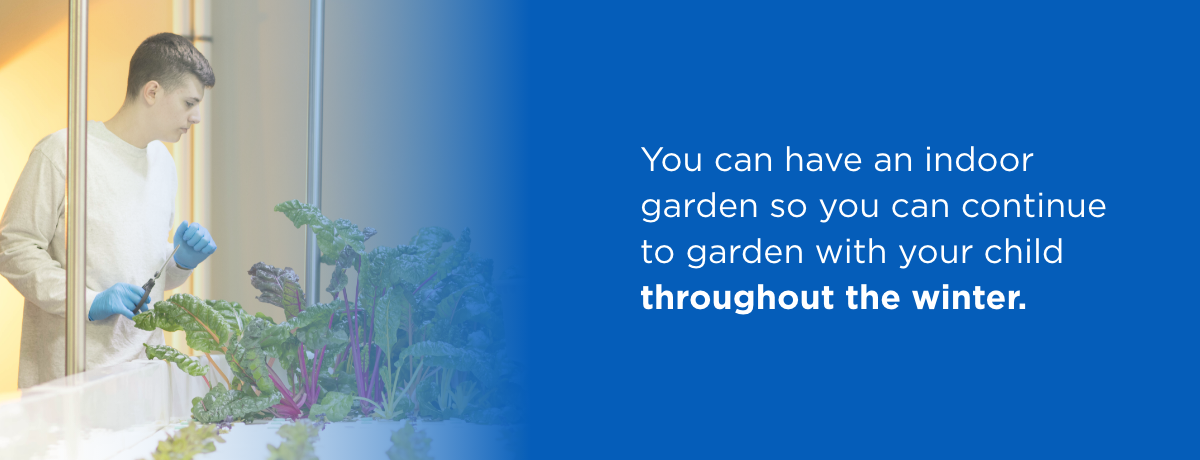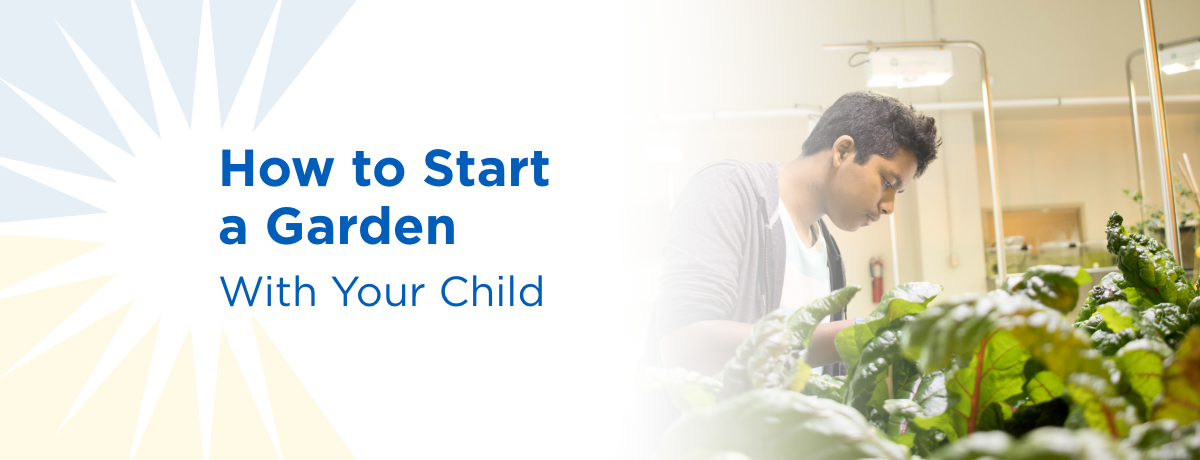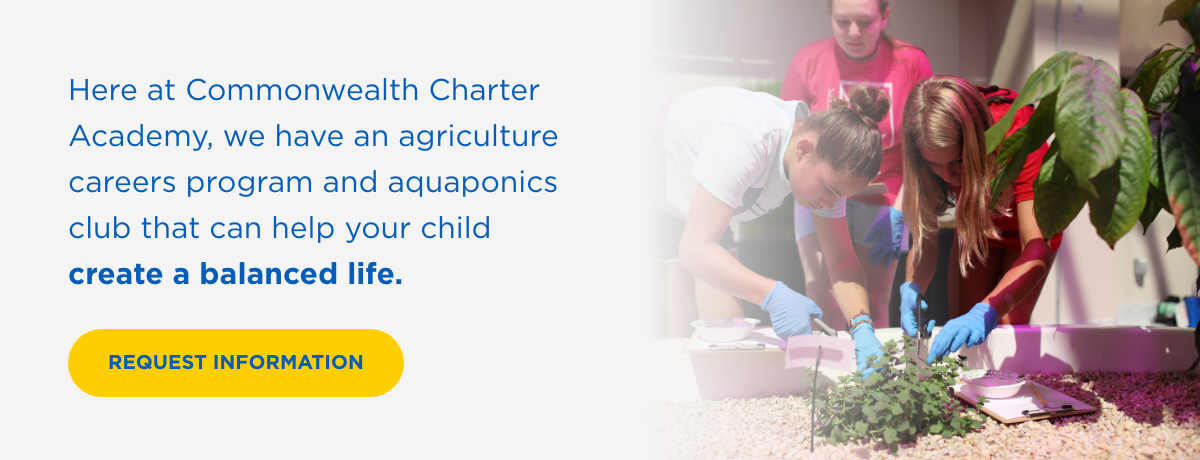You may not have considered gardening before when it comes to fun activities for you and your children, or maybe you already do it by yourself but don’t know how to involve your children in gardening. Either way, gardening is an excellent activity for families to do together. Let’s explore why that is, when the best time to start a garden is, and fun, age-appropriate gardening activities for your children.
Why Should You Start a Garden With Your Kids?
Starting a garden with your kids has many benefits. Let’s look at a few of them below:
- Quality family time: Sometimes, it can be a challenge to find time to spend with your kids or to find activities that interest both you and them. Gardening is the perfect activity if you want to spend more time with your kids. Spending quality family time with your kids is important because the undivided attention you give them can decrease behavioral issues.
- Opportunity to expand on class lessons: Students learn a lot from their science classes during school, but they don’t often get to put those lessons into practice. For example, your child might learn the names of all of the different parts of a flower, but they might not get to see all the different parts of a flower until you bring them into the garden to investigate with you. This kind of hands-on learning helps solidify ideas in a child’s brain.
- Chance for kids to make mistakes and learn from them: Making mistakes is a critical part of learning. Give your child the chance to make mistakes while gardening. It’s okay if they don’t handle a plant gently enough or overwater a plant. They will ultimately learn that living things need gentle and very particular care.
- Creates a healthy hobby and passion for kids: It can be a challenge to find hobbies for your children that are healthy for their minds and bodies. Luckily, gardening is healthy for your child’s mind and body. When a child works in a garden, they increase their self-esteem, hand strength, and vitamin D levels. Gardening can also reduce stress and improve heart health.
- An opportunity to have fun outside or inside: Watching living things grow at the tips of their fingers will ultimately be fun for your child. Each stage of a plant’s life will be a new and exciting moment to look forward to.
- Encourage leadership and responsibility: The lesson in responsibility that comes with keeping plants alive will transfer to other parts of your kids’ lives, especially if you let them take the lead in taking care of your garden. Depending on how old your child is, you can let them have their own garden that you help with if needed. Eventually, your child will understand how important leadership and responsibility are in life.

When Is the Best Time to Start a Garden?
Figuring out the best time to garden when it comes to your child’s age as well as the weather can be tricky, which is why we’ve compiled these tips for gardening. Consider the following factors:
- Hardiness zones: You’re going to want to choose plants for your garden that will be able to thrive in your climate. You can find out whether a plant will thrive in your climate by checking what hardiness zone you’re in. You can explore the hardiness zone map with your kids and make an activity out of finding what your zone is and what kind of plants are best for your zone.
- Types of plants: Determine whether you’ll want to plant flowers, fruits, or vegetables. The type of plants you decide to grow will help you determine when you’ll need to plant them and how you need to care for them.
- Age of child: If your child is younger, consider having them help with plants that are already grown when planted. If your child is a bit older, say elementary school age, consider having them grow plants from seeds you pick out together.
- Your location: The best time to start planting your garden is in spring! You can find out specific times in the spring for transplanting or planting your seeds outdoors by the average last frost date. For Pennsylvania, the average last frost dates have three ranges. Generally, in climatic zone 6, the last frost date ranges from March 30 to April 30.
- Indoor or outdoor: You can have an indoor garden so you can continue to garden with your child throughout the winter. Just make sure you have the proper equipment to help the plants grow indoors.
What Are Fun Age-Appropriate Garden Activities for Kids?
Gardening is an activity many adults love, but how can you make it more interesting for your kids? Breaking up this activity into different gardening projects for kids is a great way to make gardening more fun.
- Teach the basics: Create a fun lesson for your kids where you teach them the basics of gardening. Head out to the garden and let them know how plants need sunlight, water, and particular soil types.
- Pick your plants: Head to the store with your child and pick out seeds or full-grown plants for them to garden with you. Show your child pictures of what different seeds will ultimately look like when fully grown.
- Create a themed garden: If your child has a particular interest, like dinosaurs or fairies, decorate your garden with fun trinkets themed to these interests.
- Make special containers: Plant containers are typically plain, so they’re a great opportunity for decorating sessions. Break out the paints and glitter glue!
- Do a scavenger hunt: If you already have a garden set up, make a scavenger hunt by looking for different plants, various bugs, or even different parts of plants if your child is older.
Learn How Cyber Schooling Helps Students Maintain a Flexible Schedule and a Balanced Life
As we’ve discussed, gardening with your children has many physical and mental benefits. Though it can be a challenge to figure out exactly what to plant and when, you can always make learning part of the fun of gardening by finding your hardiness zone and picking seeds or plants based on what you found out together.
Here at Commonwealth Charter Academy, we have an agriculture careers program and aquaponics club that can help your child create a balanced life. If your child attends an online school like CCA, they will have a more flexible schedule, so they’ll have more time for activities like gardening or visiting an aquaponics lab.
If you want to learn more about CCA, contact us online or give us a call at 844-590-2864.




